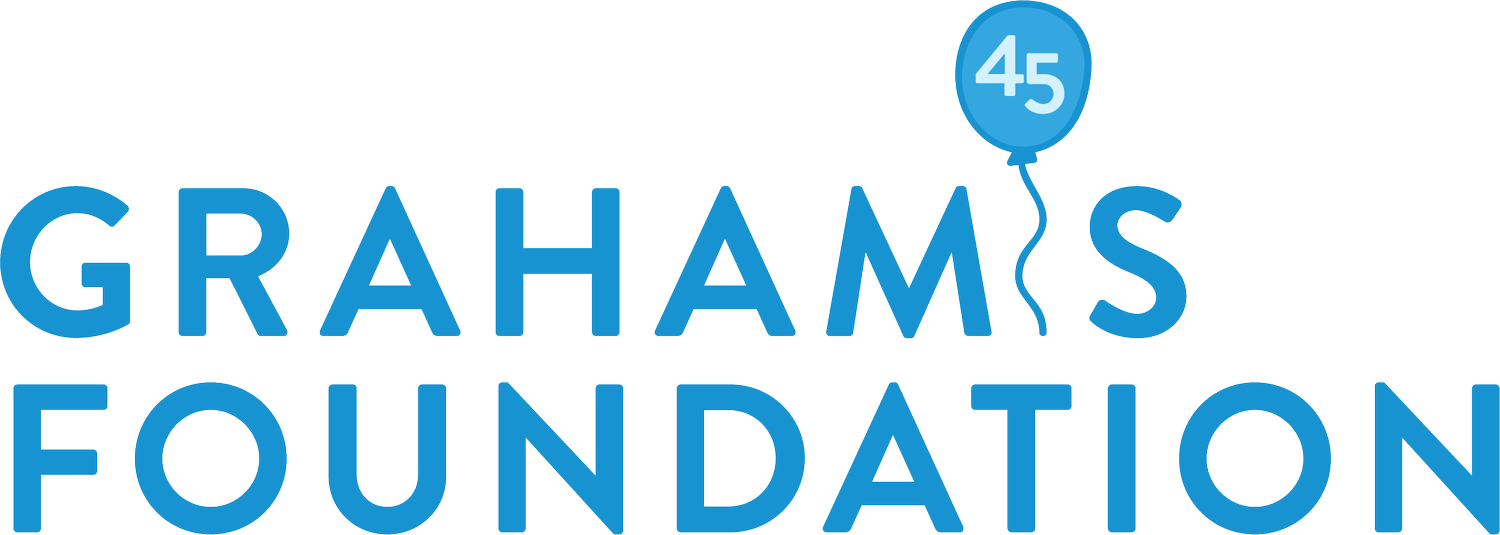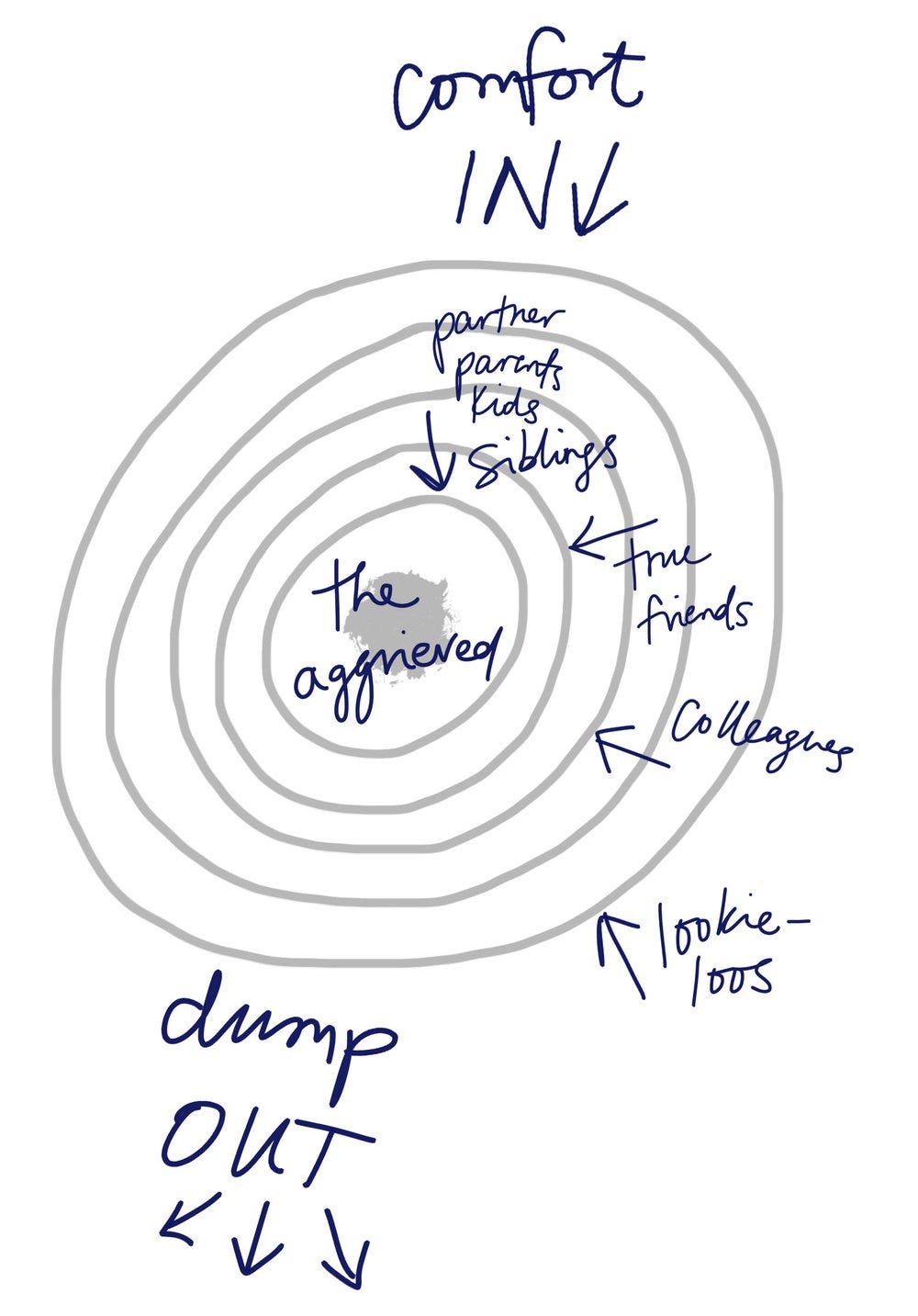What Preemie Parents Wish You Knew
by Kari Cobham
In January 2017, we found out we were pregnant. But over the next several months, a complicated pregnancy wreaked havoc while the life inside fought right along with me. He came early, weighing in much smaller than a baby his age should have. Minutes later, NICU parents were born. And a new journey began.
It has been a tough road, one that’s hard to explain if it’s not one you’ve traveled. I wished every day I could express what we needed and what we were feeling to others, but we were too busy barely keeping it together.
This is for every preemie or NICU parent who doesn’t have the words to tell you what we’re going through.
We don’t know when we’re coming home. We ask the doctors and nurses every day and no one can give us an answer. If we knew, we’d shout it from the mountain tops — with joy, relief and trepidation. Having to answer this question again and again is repeated heartbreak.
We need your help, and we may not ask for it. We’re in survival mode and often don’t even have the energy to figure out what to eat. So what can you do that will make a difference? Bring us food or have it delivered. Pick up groceries. Hire a cleaning service for us. Do a load of laundry. Volunteer to spend time with our kids. Your place in heaven will be assured.
It’s not about you. We’re in the middle of trauma, focused on the tiny life inside those hospital walls. If we seem distracted or dismissive, if we don’t pick up the phone or answer texts, it’s because we’re in a haze. We don’t have the emotional energy to comfort or reassure you through our own pain. Practice self-awareness and ask yourself if your words or actions add to it.
I can’t recommend reading these articles on The Spoon Theory and The Ring Theory enough.
This illustration from Glow in the Woods is based on ‘ The Ring Theory ‘ by Wes Bausmith/LA TimesIt’s OK to be human around me and tell me that you don’t know what to say or how to react to my situation. You don’t have to try to make small talk or find some way to relate to me because we’re friends. Just sitting in silence with me is enough.
—NICU mom Aundreaa Auni Estrada
Respect our wishes. If we’re not ready for visitors, don’t take it personally or force the issue. If we’re not ready for you to hold the baby, please understand. If we ask you to wash your hands before you hold or touch them, honor it. If you’ve been sick or have a sick child, please stay away. It’s literally life or death for us. Respect the decisions we make and the boundaries we set. We went through a lot to bring our little one into the world and we’re fighting with everything we have to protect them. Worrying about your germs shouldn’t be on the list.
“When we hold space for other people, we open our hearts, offer unconditional support, and let go of judgement and control.”
Read all about what holding space really means.We’re not getting any rest (despite your best advice). We’re still up every three hours to pump. We lie awake well into the night with a knot at the center of our chests, wishing our baby was with us. We call the NICU at odd hours to make sure they’re still alive. We wake up crying. We wake up hearing phantom alarms in our heads. Having a baby in the NICU is in many ways harder than having a baby at home.
Coming home from the NICU is just the beginning. For some of us, leave has long run out. We’re sleep-deprived, juggling a baby with lingering health conditions who needs extra care and doctors’ and specialists’ appointments, alongside work, family and post-NICU PTSD. We feel isolated and alone. (Our son was on a home apnea monitor until he was six months old. Here’s what that was like.) We’re not being weirdly protective; we’re desperately trying to prevent a PICU stay. The very thought of one is terrifying. It only takes a moment, a scent, a sound, to trigger a flood of memories and anxiety. Every journey is different; some babies stay longer than ours; but we are united in this. Everyone assumes everything is OK because you’re home. Support dries up when you need it most. But everything is not OK. It’s so not.
We have all the feelings. Imagine weeping at night to the sounds of moms tending to fussy babies in the maternity ward while yours lies tiny and fragile, hooked up elsewhere to a machine. Imagine propelling yourself out of bed to shuffle down the hall, ring the NICU buzzer to be let in, and stand over them, gently stroking soft skin — if you’re allowed — not covered with electrodes, to let them know you’re there. Imagine not being able to hold your baby when you want to. Imagine leaving the hospital empty-handed night after night, existing in a revolving stasis of unknowns. (The first night is the most wrenching.) Imagine your baby’s first bath administered by a nurse’s efficient hands when you weren’t there. Imagine feeling like you’re a dedicated observer, not their parent because nurses provide their care. Imagine explaining to your other kids why they can’t see their sibling. Imagine the pang that the sight of ripe, pregnant bellies brings, of babies in your social feeds born after yours, home long before. Imagine that months later, the mere sight of the hospital exit or a neonatal ambulance rushing by can make you fall apart. Imagine the quiet rage at hearing women complain about their last trimester when you would’ve given anything to have had one. Imagine living in a body that feels like it failed you all. Imagine the fear another positive pregnancy test brings, the worry about it failing again.
Our son L. in the NICUNothing compares. We know you’re trying to comfort us, trying to commiserate with what we’re going through with stories of friends and family who were hospitalized. But unless you’ve been there, you cannot know. We watch and wait for our babies’ milestones, anxious for each missed one. We know they’re tiny; they can’t be compared to babies their “age.” And even if they’re not tiny, they’re still a preemie and we do face all the challenges that come with that.
We’re not the same people you knew before.
We’ve been through war and we’re still fighting those battles. We’ve seen superhuman strength from the tiniest of humans. We’ve stared death in the face and beat it back with faith, love and sheer determination. Sometimes, death would not be beaten. We’ve learned to focus on today. We know we’re stronger than we ever thought possible. We hold our babies a little longer and a little tighter. We feel a deep sense of pride and gratitude for every single milestone. We know how quickly life can change; we’ve had a front seat to its fragility.
But we are all survivors. That is who were are.


